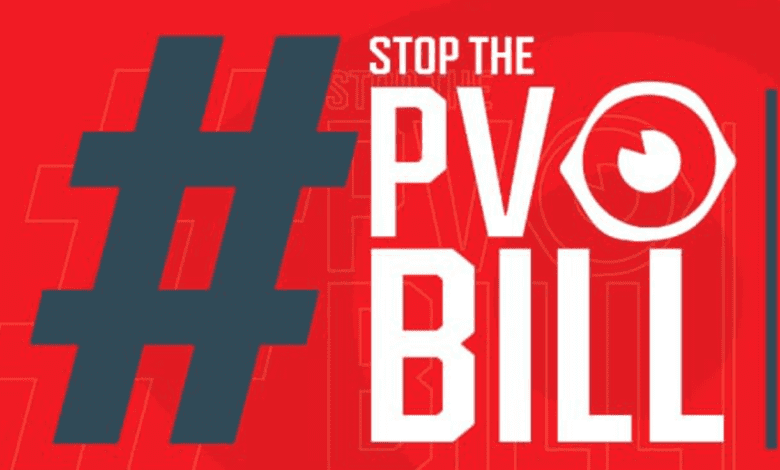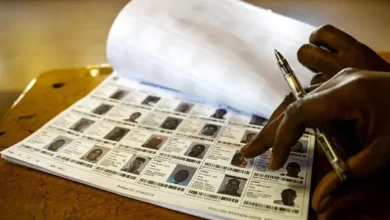Zimbabwean charities face new registration requirements

Despite objections from civil society organisations (CSOs), Zimbabwean charities and trusts will be subject to mandatory registration under the newly gazetted Private Voluntary Organisations Amendment Bill.
Many forms of trusts will now require registration as PVOs, with mandatory enrolment for all organisations. Those failing to register face penalties.
On 1 March 2024, the Private Voluntary Organisations Amendment Bill, H. B. 2, 2024 was gazetted to amend the Private Voluntary Organisations Act [Chapter 17:05].
This follows the failure of a previous amendment bill in 2021 to gain presidential approval.
The CSO Technical Legal Committee (TLC), a subcommittee of the Civil Society Organisations Coordination Committee, analysed the bill and raised concerns.
They believe the new registration requirements could violate Zimbabwe’s constitutional rights to freedom of association and assembly (Section 58) and administrative justice (Section 68).
“Organisations that are currently operating lawfully as trusts and associations would immediately be rendered unlawful if they continue to operate and they receive donations from the public or donations from sources that are outside the country,” said the TLC.
“Staff members employed by these organisations will also be held criminally liable for asserting their right to freedom of association with such organisations, once the Bill is passed into law, and pending the Registrar’s determination of their applications for registrations.”
The TLC said as there are no timeframes, these organisations could be left in limbo indefinitely.
“Abrupt cessation of activities will also violate the labour rights of the employees of the affected organisations guaranteed in Section 65(1) of the Constitution that guarantees fair and safe labour practices for everyone.”
CSOs had recommended that Trusts registered under the Deeds Registries Act [Chapter 20:05] and common law universitas should still be allowed to exist and operate their mandates and remain exempted from registration as PVOs.
This recommendation for Trusts to continue to operate as registered by the Deeds Registries Act was ignored.
The TLC raised concern that the new amendments introduce compulsory registration as PVOs of all organisations doing prescribed charitable activities defined in the PVO Act yet the current Act exempts Trusts and Common Law Universitas from such registration.
“Assisting people with material, mental, physical, or social needs; Providing charity to persons in distress; Supporting the destitute; Uplifting people’s standard of living; Providing funds for legal aid; Preventing cruelty and promoting welfare of animals; Collecting contributions for these purposes; and: Any other charitable objects that may be prescribed in regulations,” read the analysis.
The TLC had recommended that Trusts registered under the Deeds Registries Act [Chapter 20:05] and common law universitas should still be allowed to exist and operate their mandates and remain exempted from registration as PVOs.
“This position has been maintained and elaborated on. Now the Bill defines other associations that must be registered including Trusts, in all their variations – (section 2C) on the definition of PVO. As such, Trusts registered with the High Court, or with the Registrar of Deeds under section 70A of the Deeds Registries Act [Chapter 20:05] are subject to the registration process,” said the TLC whose recommendation was ignored, “instead, the Bill now explicitly mentions Trusts to remove any doubt on the need to register.”
Another concern raised was how the PVO amendments introduce a new section with stricter and more immediate requirements for trusts, bodies, associations of persons corporate or unincorporate, and any institutions that are not exempt under the Act that receive financial donations or collect contributions from the public to conduct prescribed charitable activities to be registered as PVOs.
Failing to do so, anyone associated with the then unregistered organisation may be subjected to criminal sanctions as discussed.
“A new provision states that no person is permitted to collect contributions from the public except in terms of the Act, thus outlawing crowdfunding (for charitable and relief causes), unless registered or temporary authority has been provided by the Registrar under the Act,” said the TLC.
The TLC had recommended that Phrases such as “legal persons” and “legal arrangements” should be deleted from the Bill. These are not defined and they are too broad to restrict the entire non-profit sector (even common law universitas).
“This is different from the targeted approach envisaged in the FATF Recommendation 8 and Outcome 10.2 that the Bill seeks to operationalise.”
The new amendments say new organisations that were not operating legally before the Bill passes, must register or face penalties.
The Registrar has power to issue a civil penalty in this regard. Those that operated legally before, have 30 days to commence the process. Once they begin the process, they can continue operating whilst the application is being considered.
The recommendation to remove phrases such as “legal persons” and “legal arrangements” was ignored.






